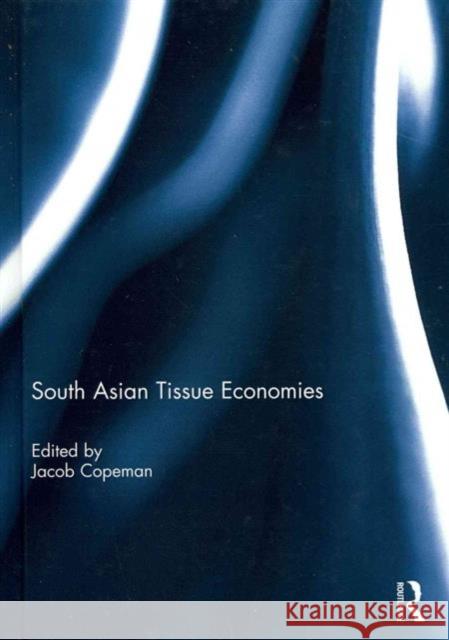South Asian Tissue Economies » książka
South Asian Tissue Economies
ISBN-13: 9780415742399 / Angielski / Twarda / 2014 / 156 str.
South Asian Tissue Economies
ISBN-13: 9780415742399 / Angielski / Twarda / 2014 / 156 str.
(netto: 419,76 VAT: 5%)
Najniższa cena z 30 dni: 428,13
ok. 22 dni roboczych.
Darmowa dostawa!
Questions of the social implications of biotechnology and biological exchange (the extraction of human tissues such as blood, skin and organs for testing, storage and/or distribution for therapeutic or research purposes) have recently been brought strongly to the analytical fore across the social sciences. This book focuses on the variegated biopolitical milieus of this kind of exchange specifically in South Asia. It ranges widely theoretically, thematically, and regionally in examining South Asian variants of and engagements with diverse modes of biological exchange: caste, gender, and blood donation in Pakistan, DNA testing amongst a former Untouchable community in south India and amongst diasporic Indians in Houston, Texas, body (cadaveric) donation in India, the use of fake blood in Bangladeshi cinema, the mobilisation of blood, hearts, and ketones to protest the Indian government s failure to provide redress or care to victims of the 1984 Bhopal industrial disaster, and blood-based political portraits and petitions in south India. In considering this complex of issues, this book extends the parameters of classic accounts of the role of substance transactions in the production of South Asian personhood into investigations of the biopolitics and economies of substance that shape people and communities in diverse parts of the subcontinent, describing findings that illuminate how local responses to the implementation of various kinds of tissue economy both reflect and also transform socio-cultural values in South Asia.
This book was published as a special issue of Contemporary South Asia."











